Why It’s So Hard to Hire Machine Learning Engineers in 2025
11 Nov, 20255 minutes
Hiring machine learning engineers in 2025 has become one of the most difficult challenges for organisations. Demand is rising across all sectors, including fintech, healthcare, and logistics, but the pool of qualified professionals remains small. The real struggle is not just finding technical skills but hiring people who understand data infrastructure, scalable AI systems, and commercial delivery.
Global demand for AI talent now far exceeds supply, with employers competing for specialists in model deployment, data pipelines, and generative AI. According to Acceler8 Talent, this shortage is lengthening hiring cycles and driving salaries to record highs, making it even more difficult to secure production-ready engineers.
Key Takeaways:
- Global ML talent shortages are slowing AI progress.
- The skills gap is widening faster than training programs can adapt.
- Engineers with MLOps and generative AI expertise are in highest demand.
- Vague job descriptions and long hiring processes cause drop-offs.
- Specialist AI recruiters help reduce time-to-hire and improve success rates.
Why It Matters
AI recruitment challenges are not just technical issues, they affect business growth, innovation, and competitiveness. Companies that fail to modernise hiring processes risk losing key talent to faster, more agile competitors.
The Growing ML Talent Shortage
The shortage of machine learning engineers is now one of the biggest barriers to digital transformation. As organisations scale AI tools, they need engineers who can design, train, and deploy reliable models. Yet many new graduates lack real-world experience in production environments.
Acceler8 Talent data shows that over 70% of UK employers list “lack of qualified applicants” as their main hiring obstacle. Deep learning, MLOps, and distributed computing roles are hardest to fill. LinkedIn reports a nearly 40% increase in AI-related job postings since 2023, proving that global competition is further intensifying.
Why the AI Skills Gap Keeps Growing
The AI skills gap continues to expand because technology evolves faster than most professionals can adapt. New frameworks and tools appear almost every quarter, creating constant pressure to reskill. Many engineers excel in theory but struggle with deployment, monitoring, and model optimisation.
Employers often mistake academic credentials for production experience. In practice, candidates with hands-on project portfolios outperform those with purely theoretical knowledge when managing live machine learning systems.
Salary Inflation and Market Competition
Salaries for ML engineers have surged as companies compete for limited talent. In the UK, mid-level roles average £80,000 to £110,000, while senior specialists in London can exceed £150,000. These figures reflect the growing strategic importance of AI expertise.
Acceler8 Talent data shows the average hiring cycle for ML roles is now nearly 60 days. Candidates with MLOps certifications receive multiple offers in that time, reducing the window to 45 days for firms using specialist recruiters. Acting quickly is crucial to avoid losing preferred candidates.
The Impact of Data Science Hiring Challenges
Many employers create bottlenecks with unclear job expectations. Combining analytics, research, and DevOps into one role often deters skilled applicants. Engineers prefer defined roles with clear responsibilities and success metrics.
Interview design also plays a role. Theory-heavy assessments often fail to test practical skill, while project-based interviews mirror real business challenges and provide better insights into capability.
Retention depends on professional growth. Engineers stay longer when they have access to new technologies, learning opportunities, and visible career paths.
How to Hire Machine Learning Engineers Effectively
Follow these five practical steps to shorten hiring cycles and attract production-ready AI talent.
Define the role clearly - Separate research, analytics, and DevOps. Clarify responsibilities within the model lifecycle to attract specialists who value precision.
Test applied skills - Use a three-hour take-home project that reflects real-world challenges like inference speed or model optimisation.
Act fast with offers - Set a 48-hour decision window post-interview. This shows respect and keeps momentum with top candidates.
Offer competitive salaries - Benchmark pay between £80,000 and £150,000 to stay competitive against other employers.
Partner with AI recruitment experts - Specialist recruiters can reduce time-to-hire by up to 30% and connect you with pre-qualified ML talent.
The Rise of MLOps and Generative AI Roles
Demand is growing for MLOps engineers and generative AI specialists who combine technical depth with creative problem-solving. According to McKinsey’s State of AI 2025 report, companies implementing MLOps are 40% more likely to scale AI successfully. Hiring for generative AI roles has risen by 60% since 2024, driven by the growth of commercial LLM applications.
Employers now need frameworks that evaluate both integration ability and innovation potential, ensuring engineers can build and maintain models that perform at scale.
FAQs
Q: Why is hiring machine learning engineers so difficult in 2025?
A: Demand outpaces supply, and few engineers combine advanced technical skills with production-level experience.
Q: What’s driving the ML talent shortage?
A: Rapid AI evolution and limited upskilling opportunities have left many professionals behind.
Q: How can businesses speed up AI recruitment?
A: Define precise job scopes, use project-based interviews, and partner with AI recruitment specialists who already know the talent market.
Q: What skills are most in demand for ML engineers?
A: Python, TensorFlow, PyTorch, MLOps, cloud infrastructure, and generative AI.
Q: How can employers retain top AI talent?
A: Create career development plans, offer ongoing learning, and connect AI work to broader company goals.
Build Your AI Team with Acceler8 Talent
Stop losing candidates to lengthy hiring cycles. Acceler8 Talent helps businesses cut time-to-hire by up to 30% and connect with production-ready MLOps and generative AI engineers. Their data-driven recruitment methods ensure every hire delivers measurable value.
Contact Us today to benchmark your AI hiring strategy.




